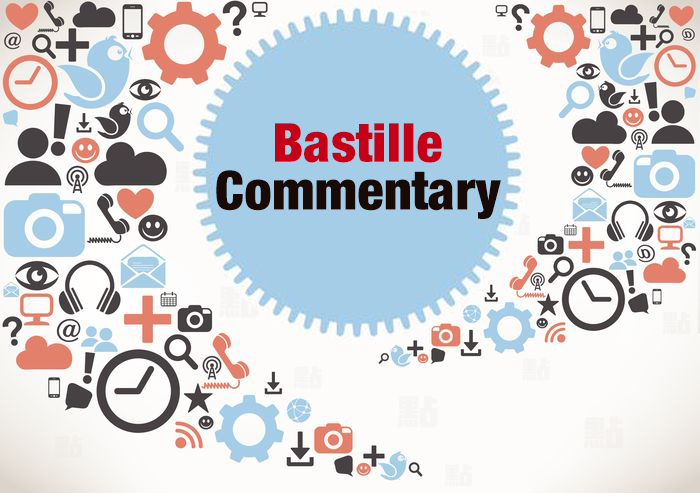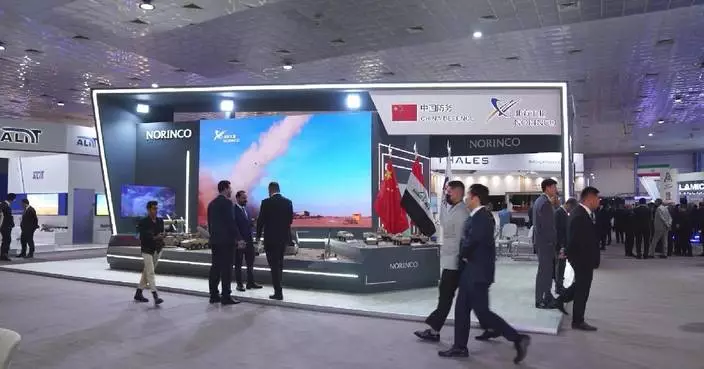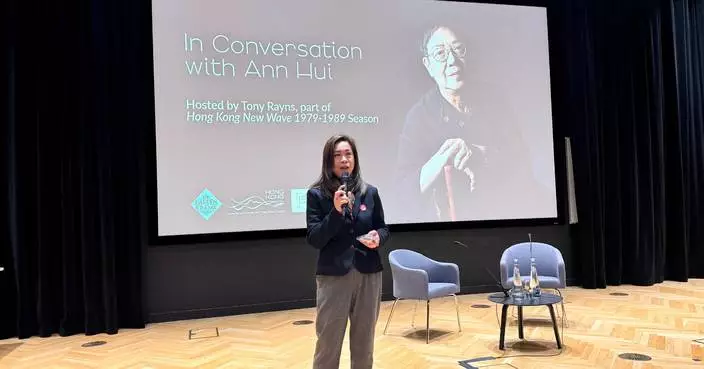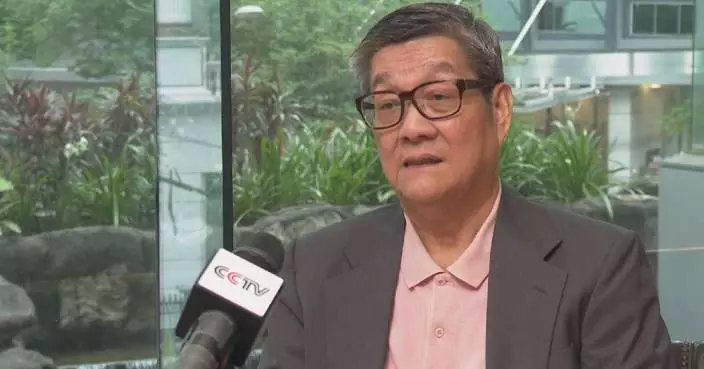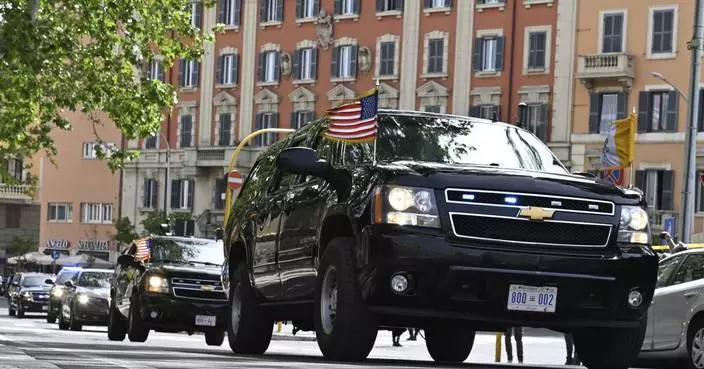In a world rife with double standards, it is crucial to speak up against injustices. Silence only reinforces the notion that others are entirely right, while you are completely wrong.
During his recent visit to China, UK Foreign Secretary David Lammy held discussions with Chinese State Councillor Ding Xuexiang and Foreign Minister Wang Yi. Upon his return to the UK, Lammy was heavily questioned in Parliament by the opposition Conservative Party. Former Conservative Party leader Iain Duncan Smith demanded to know whether Lammy had condemned or pressured China on issues such as the Jimmy Lai case. Under this pressure, Lammy declared that the trial of Jimmy Lai, human rights in Xinjiang, and the Taiwan Strait situation are significant concerns for the UK.
On November 11, Jimmy Lai’s youngest son, Sebastien Lai, posted a photo of his meeting with Lammy on social media, urging the UK government to pressure for his father's release. Lammy swiftly echoed this call, asserting that the Jimmy Lai case remains a priority for the UK and pledging to “continue advocating for Jimmy Lai’s immediate release.”
Jimmy Lai stands accused under Hong Kong’s National Security Law of colluding with foreign forces. Even while the case undergoes judicial proceedings, foreign entities have exerted undue pressure, flagrantly undermining Hong Kong's rule of law.
Sebastien Lai and the so-called "International Legal Team for Jimmy Lai"—whose legitimacy has been refuted by Lai’s official legal representatives in Hong Kong—have been actively lobbying in the UK and beyond. On November 20, when Jimmy Lai is due to testify, this “legal team” and Sebastien Lai plan to hold a press conference in Washington, D.C., led by British barrister Caoilfhionn Gallagher. Their objective is clear: to exert political pressure on Hong Kong authorities to secure Lai’s release.
Rationally, their efforts should focus on ensuring a fair trial for Lai—something Hong Kong is committed to upholding. Yet their demand for his unconditional release is entirely political, leveraging foreign influence to force Hong Kong to abandon its judicial process.
Firstly, such interference blatantly contradicts the West’s avowed principles of rule of law and respect for Hong Kong’s “high degree of autonomy.” Sebastien Lai has yet to present evidence of any judicial unfairness in Hong Kong toward his father. Furthermore, Western critics who claim to defend Hong Kong's autonomy now paradoxically call on the UK to pressure Beijing into intervening in Hong Kong’s legal system. Were Beijing to interfere and halt the trial, it would indeed compromise Hong Kong's judicial independence. This hypocrisy exposes the inconsistency of the West’s proclaimed values.
Secondly, the UK’s strict approach to offenses related to incitement makes its criticism of Hong Kong appear even more unjustified. Consider the case of Wayne O'Rourke, a 35-year-old arrested amid anti-immigrant riots in August this year, during which over 1,100 people were detained. British authorities swiftly prosecuted and imprisoned numerous individuals for incitement or related charges. O'Rourke who was accused of publishing written material on social media, “stirring up racial hate” following misinformation about a stabbing incident in Southport. He was sentenced to three years in prison.
O'Rourke’s social media profile reads: “I love my country, right-wing, stop the boats, Brexit, Boris Johnson, Trump, God save the UK, vote for reform.” In another setting, such as the United States, he might have secured a government role, but in the UK, he landed in prison.
If Britain insists that Hong Kong release Jimmy Lai, then Hong Kong has equal grounds to demand the release of O'Rourke. Despite O'Rourke's minimal influence, he has been imprisoned for stirring up racial hate. Jimmy Lai, a media tycoon with far-reaching influence, stands accused of more severe offenses. Why should Hong Kong be denied the right to prosecute him?
The new Labour government in the UK has expressed a desire to strengthen relations with China and promote economic cooperation. Yet, when faced with domestic criticism, it retreats into performative posturing on so-called human rights issues. This inconsistency raises doubts about the Labour government’s ability to achieve substantial progress.
Lo Wing-hung
Bastille Commentary
** The blog article is the sole responsibility of the author and does not represent the position of our company. **



